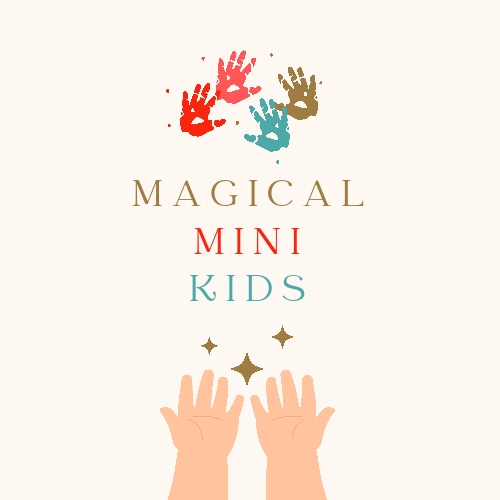Everyday Ways to Teach Kindness to Children
1. Model Kindness Yourself
Children learn best by example. Showing kindness in your daily life—whether it’s helping a neighbour, saying “thank you,” or showing patience when things go wrong. Kids notice these small acts and often mirror them.
2. Praise Acts of Kindness
When your child shares a toy, comforts a friend, or helps clean up, acknowledge it! Say something like, “I love how kind you were when you helped your friend.” Positive reinforcement encourages them to repeat the behaviour.
3. Read Books About Kindness
Children’s books are powerful tools for teaching values. Stories that highlight friendship, empathy, and caring can spark meaningful conversations about what kindness looks like in everyday life.
4. Practice Random Acts of Kindness
Encourage your child to do small acts, such as:
- Making a card for a family member
- Helping a sibling with homework
- Donating toys they no longer use
These activities teach children that even small gestures can make a big difference.
5. Role-Play Scenarios
Practice real-life situations with your child, such as what to do if someone is left out of a game, or how to comfort a sad classmate. Role-playing helps kids build confidence in responding with kindness.
6. Create a Kindness Jar or Chart
Make kindness visible! Each time your child does something thoughtful, add a note, marble, or sticker to a jar. Celebrate their progress together to show that kindness is valuable and rewarding.
Teaching Kindness in the Classroom
- Teachers can foster a kind classroom by:
- Starting the day with morning meetings that include sharing compliments.
- Encouraging group projects where cooperation is essential.
- Creating a kindness wall where students can post notes about kind acts they’ve seen.
- When kindness becomes part of the classroom culture, students feel more connected and supported.
Teaching kindness to children doesn’t require big, complicated lessons—it’s about consistent, everyday moments. By modelling kind behavior, praising thoughtful actions, and encouraging empathy, we can help children grow into compassionate, caring individuals.
Remember, kindness is contagious. When children learn to give it, they also learn how wonderful it feels to receive it.
To support teaching kindness to children, why not explore some of our engaging kindness resources designed for parents, teachers, and kids?”
including our Kindness Wheel

